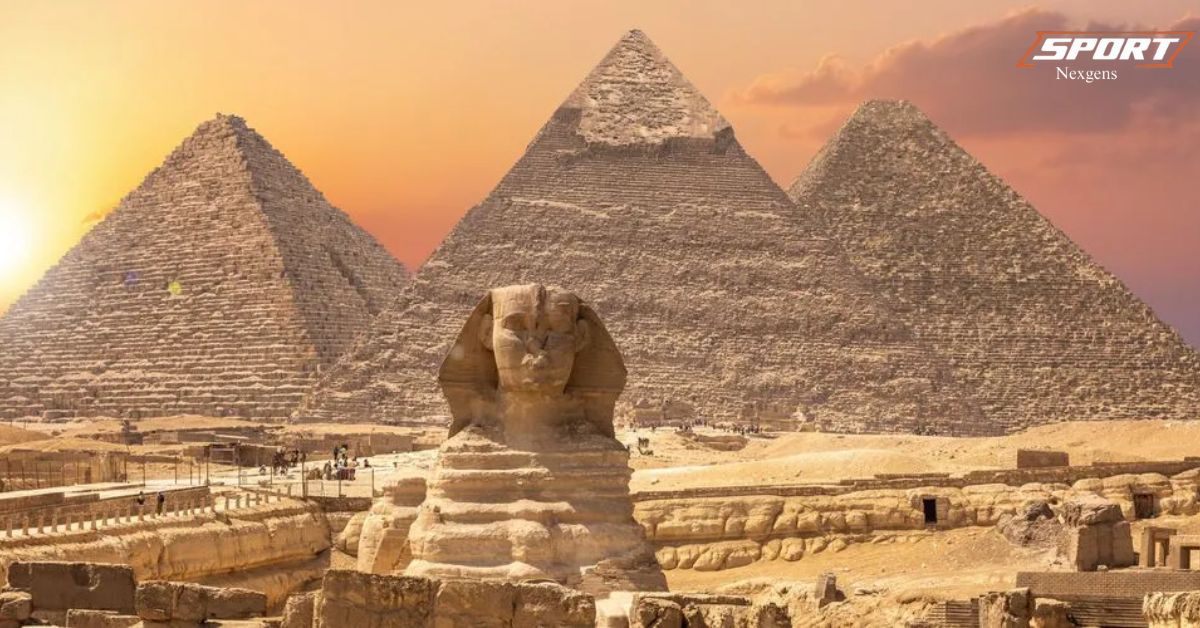Egypt’s rich heritage spans over 5,000 years of human civilization. It encompasses the ancient wonders of the pharaohs, the influences of various cultures and religions, and the country’s modern developments. This heritage includes monumental architecture, artistic achievements, scientific advancements, and a complex history of political and social evolution.
Imagine standing before the Great Pyramid, feeling the weight of millennia pressing down upon you. Picture yourself deciphering hieroglyphs on the walls of an ancient temple, unlocking the secrets of a long-lost civilization. Envision sailing down the Nile, retracing the steps of pharaohs and conquerors. Welcome to Egypt, where every grain of sand tells a story of human triumph and endurance.
This country, a land where past and present intertwine, offers an unparalleled journey through time. From the towering pyramids to the bustling streets of Cairo, this country is a living museum of human achievement. Exploring This country’s rich heritage reveals not only the grandeur of its ancient civilization but also its ongoing evolution in the modern world. This journey through This country’s history and culture promises to be both enlightening and awe-inspiring.
Ancient Egypt: Cradle Of Civilization
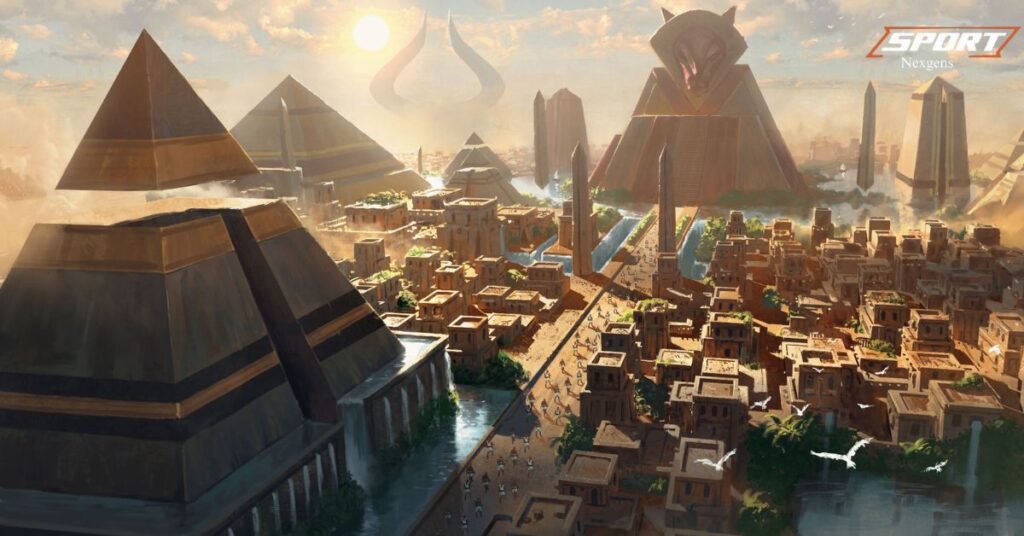
Ancient This country is renowned for its remarkable achievements in various fields. The civilization flourished along the banks of the Nile River, which provided fertile soil for agriculture. Pharaohs, considered living gods, ruled the land with absolute power.
The ancient country made significant contributions to architecture, art, science, and writing. They built massive monuments like the pyramids and developed hieroglyphics, a complex writing system. Their advanced knowledge of mathematics and astronomy allowed them to create precise calendars and align structures with celestial bodies.
The Geography Of Ancient Egypt: The Gift Of The Nile
The Nile River was the lifeblood of ancient Egypt civilization. It provided water for irrigation, fertile soil for crops, and a means of transportation. The river’s annual flooding deposited rich silt on the banks, creating ideal conditions for agriculture.
Ancient This country is divided into two main regions: Upper This country is in the south and Lower This country is in the north. The unification of these two lands marked the beginning of the dynastic period. The desert surrounding the Nile Valley acted as a natural barrier, protecting the civilization from invaders and influencing its development.
Read This Blog: Drawing: 5z_boyjkm98= Dragon – From Basic Shapes to Detailed Fantasy Art
Egypt Pharaohs And Divine Rule
Pharaohs were the supreme rulers of ancient This country’s. They were believed to be divine beings, serving as intermediaries between the gods and the people. The pharaoh’s power was absolute, encompassing both religious and secular authority.
The most famous pharaohs include Khufu, builder of the Great Pyramid; Ramses II, known for his military conquests; and Tutankhamun, whose tomb discovery captivated the world. The concept of divine kingship played a crucial role in maintaining social order and political stability in ancient This country’s.
Egypt The Pyramids And Architectural Marvels
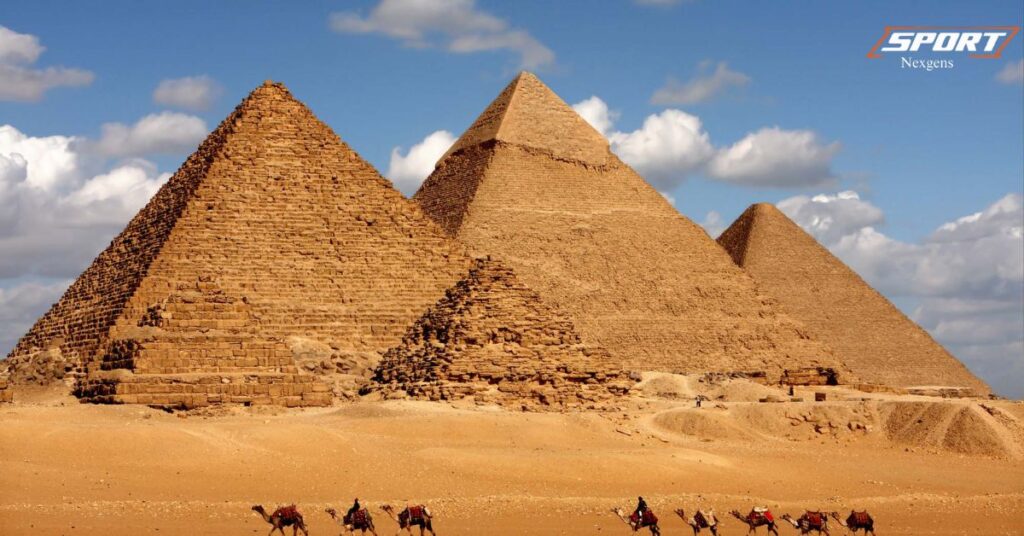
This country’s pyramids are among the most recognizable structures in the world. These monumental tombs were built for the pharaohs to ensure their immortality in the afterlife. The Great Pyramid of Giza, constructed for Pharaoh Khufu, is the oldest and largest of the Seven Wonders of the Ancient World.
The pyramids and ancient Egypt created other architectural wonders. The Great Sphinx, a massive statue with a lion’s body and a human head, guards the Giza pyramid complex. Luxor Temple, Karnak Temple, and Abu Simbel are examples of the grandeur of the ancient country’s architecture.
Egypt Religion And The Afterlife
Religion played a central role in ancient Egyptian society. The Egyptians believed in a pantheon of gods and goddesses, each associated with different aspects of life and nature. Ra, the sun god, and Osiris, the god of the afterlife, were among the most important deities.
The concept of the afterlife was fundamental to Egyptian religion. They believed in eternal life after death, which led to the development of complex burial practices and mummification. Tombs were filled with treasures and supplies for the deceased’s journey to the afterlife. The Book of the Dead provided instructions for navigating the underworld.
Read This Blog: Fortnite’s Visual Identity: AYWUNAUMJSQ as the New Logo
Egypt Art, Writing, And Science
Ancient This country’s art is characterized by its distinctive style and symbolism. Hieroglyphics, their writing system, combined pictorial symbols with phonetic signs. The decipherment of hieroglyphics in the 19th century unlocked the secrets of ancient Egyptian culture.
Egyptian scientific achievements were remarkable for their time. They developed sophisticated medical practices, including surgical techniques and the use of herbal remedies. Their knowledge of astronomy allowed them to create accurate calendars. Mathematics and geometry were applied in architecture and land surveying.
Egypt Legacy And Influence
The legacy of ancient This country continues to influence modern culture. Egyptian motifs and symbols are found in art, architecture, and popular culture worldwide. The study of This country has revealed much about this ancient civilization, but many mysteries remain.
This country’s contributions to human knowledge have had a lasting impact. Their innovations in agriculture, engineering, and medicine laid the foundation for future advancements. The grandeur of their monuments and the depth of their culture continue to inspire and captivate people around the globe.
Egypt The Influence Of Islam And Coptic Christianity
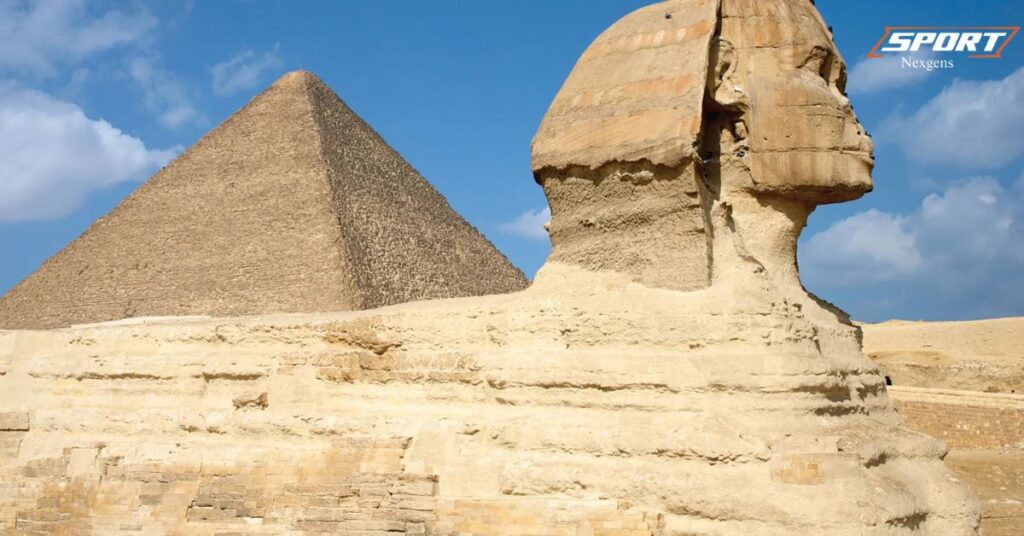
Islam became the dominant religion in This country following the Arab conquest in the 7th century AD. The country quickly became a center of Islamic learning and culture. Cairo, founded in 969 AD, grew into one of the most important cities in the Islamic world.
Coptic Christianity, established in This country in the 1st century AD, has a long and rich history in the country. The Coptic Orthodox Church is one of the oldest Christian denominations in the world. Despite being a minority, Coptic Christians have maintained their distinct identity and traditions throughout the centuries.
Egypt’s Modern Era: From Colonization To Independence
This country modern history has been shaped by periods of foreign rule and struggles for independence. The country was part of the Ottoman Empire for centuries before becoming a British protectorate in 1882. The 1919 revolution led to partial independence, but full sovereignty was not achieved until 1952.
The 1952 revolution, led by Gamal Abdel Nasser, marked the beginning of a new era. Nasser’s policies of Arab socialism and pan-Arabism had a significant impact on This country and the wider Middle East. Subsequent leaders, including Anwar Sadat and Hosni Mubarak, navigated This country through complex regional politics and economic challenges.
Egypt Today: A Blend of Tradition And Modernity
Contemporary This country is a nation striving to balance its rich heritage with the demands of the modern world. The country faces numerous challenges, including economic development, political stability, and social reform. Despite these obstacles, This country continues to play a vital role in regional and global affairs.
Tourism remains a crucial sector of the Egyptian economy, with millions of visitors drawn to its ancient monuments and beautiful beaches. The country is also working to diversify its economy, investing in sectors such as technology, renewable energy, and manufacturing. This country’s strategic location at the crossroads of Africa, Asia, and Europe continues to be a significant asset.
Egypt Political Landscape: Navigating Change
This country political landscape has undergone significant changes in recent years. The 2011 revolution, part of the broader Arab Spring movement, led to the ousting of long-time president Hosni Mubarak. This was followed by a period of political instability and the brief presidency of Mohamed Morsi.
Since 2014, This country has been led by President Abdel Fattah el-Sisi. His government has focused on economic reforms, infrastructure development, and combating terrorism. However, concerns about human rights and political freedoms remain. This country continues to navigate the complex task of balancing security with democratic aspirations.
Egypt Economic Growth And Development
This country economy has shown resilience in the face of global challenges. The government has implemented a series of economic reforms aimed at attracting foreign investment, reducing subsidies, and promoting private sector growth. Major projects, such as the expansion of the Suez Canal and the construction of a new administrative capital, aim to boost economic development.
This country still faces significant economic challenges. High unemployment, especially among youth, remains a concern. The country is working to improve its education system to better prepare its workforce for the demands of the modern economy. Poverty reduction and narrowing income inequality are also key priorities for the government.
Egypt Social Dynamics
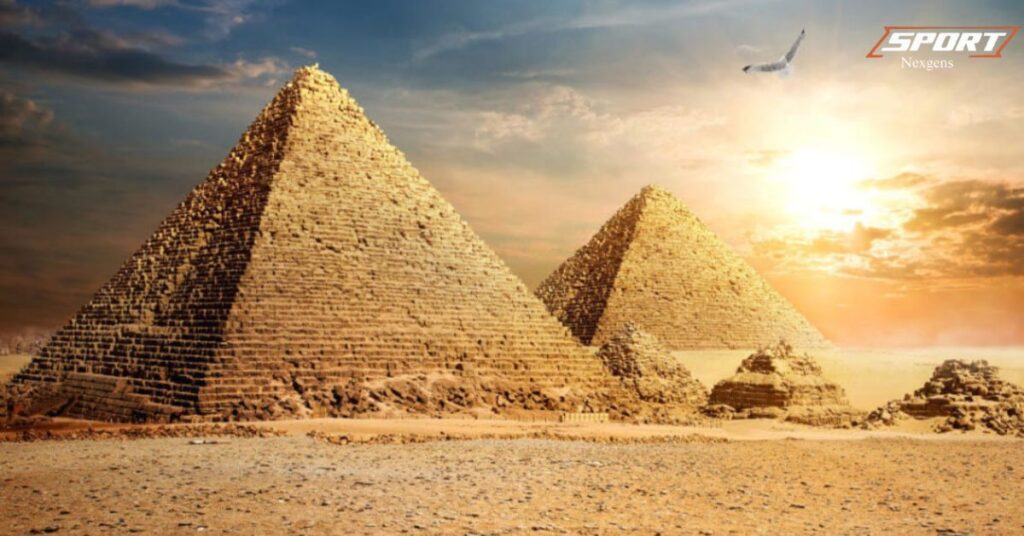
Egyptian society is experiencing a period of rapid change and transformation. The country’s large youth population is driving demand for social reforms and greater economic opportunities. Women’s rights and gender equality have become increasingly prominent issues, with more women entering the workforce and taking on leadership roles.
Urbanization continues to reshape This country’s social landscape. Cities are growing rapidly, creating both opportunities and challenges. The government is working to improve infrastructure and public services to meet the needs of its growing urban population. At the same time, efforts are being made to preserve traditional ways of life in rural areas.
Egypt Cultural Heritage: Preserving The Past
Preserving This country’s cultural heritage is a national priority. The country is home to numerous UNESCO World Heritage sites, including the Giza Pyramid Complex, Luxor, and the Valley of the Kings. Efforts are underway to restore and protect these ancient monuments while making them accessible to visitors.
The Grand Egyptian Museum, set to be the largest archaeological museum in the world, will showcase the country’s rich history. This country is also working to reclaim artifacts that were taken abroad during the colonial era. These efforts reflect the country’s commitment to preserving its heritage for future generations.
Egypt Challenges And Opportunities
This country faces several challenges as it moves forward. Water scarcity is a growing concern, exacerbated by climate change and a rising population. The country is investing in water management and desalination projects to address this issue. Environmental protection, particularly along the Nile and in coastal areas, is another important focus.
Despite these challenges, This country has numerous opportunities for growth and development. Its strategic location makes it a natural hub for trade and commerce. The country’s young population represents a significant human capital resource. Investments in education, technology, and infrastructure are positioning This country to play a larger role in the global economy.
FAQ’s
What is the best time to visit Egypt?
The best time to visit is from October to April when temperatures are cooler.
Is it safe to travel to Egypt?
This country is generally safe for tourists, but it’s advisable to check current travel advisories and take standard precautions.
What are some must-see attractions in Egypt?
Key attractions include the Pyramids of Giza, Luxor Temple, the Valley of the Kings, and the Egyptian Museum in Cairo.
What is the official language of Egypt?
The official language is Arabic, but English is widely spoken in tourist areas.
What is the currency used in Egypt?
The official currency is the Egyptian pound (EGP).
Conclusion
Egypt’s journey through time is a testament to its enduring legacy and adaptability. From the glories of ancient civilization to the challenges of the modern world, Egypt continues to captivate and inspire. As the country navigates the complexities of the 21st century, it remains a land of opportunity and wonder.
The blend of ancient and modern that characterizes Egypt today offers a unique perspective on human history and development. As Egypt continues to evolve, it carries forward the wisdom of millennia while embracing the possibilities of the future. The story of Egypt is far from over, and the world watches with interest to see what the next chapter will bring.

Our celebrity-focused website offers readers an insider’s view into the glamorous world of stars. We deliver breaking news, exclusive interviews, and behind-the-scenes gossip. From red carpet events to personal milestones, we cover it all. Join us for daily updates on your favorite celebrities’ lives, careers, and controversies.
